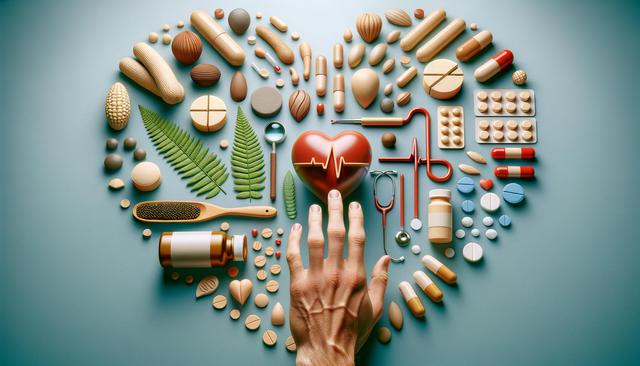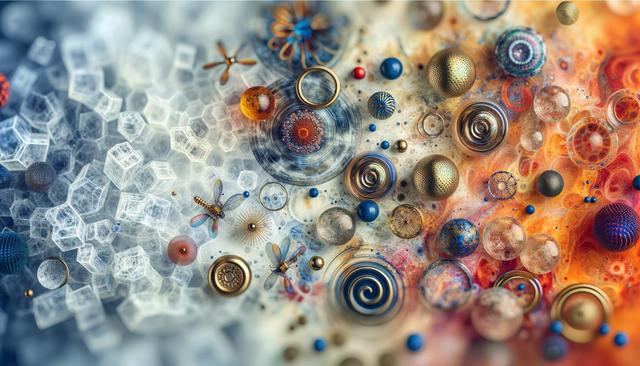What Is Erectile Dysfunction and Why It Happens
Erectile dysfunction, commonly referred to as ED, is the inability to achieve or maintain an erection sufficient for satisfactory sexual performance. While it becomes more prevalent with age, it is not an inevitable part of aging. Understanding how erectile dysfunction treatment works begins with identifying the underlying causes, which can be physical, psychological, or a combination of both. Common physical causes include cardiovascular disease, diabetes, obesity, and hormonal imbalances. Psychological factors such as stress, depression, and anxiety can also play a significant role.
To determine the most effective treatment, healthcare providers typically start with a detailed medical history, a physical exam, and sometimes lab tests. These steps help identify contributing factors and guide further treatment. Once an accurate diagnosis is made, a tailored approach can be developed, often involving lifestyle changes, medication, or other therapies.
Medical and Therapeutic Treatment Options
There are several medical treatment options available for ED, and many men find relief through one or a combination of these solutions. Oral medications are among the most commonly prescribed treatments. These work by enhancing blood flow to the penis, making it easier to achieve an erection in response to sexual stimulation. However, they are not suitable for everyone, particularly those with certain heart conditions or who take specific medications.
Other therapeutic options include:
- Injection therapy, which involves administering medication directly into the penis.
- Vacuum erection devices, which draw blood into the penis through suction.
- Penile implants, which are surgically inserted and usually recommended after other treatments have failed.
Each of these options has its own benefits and potential side effects. A consultation with a healthcare provider is essential to determine the most appropriate path forward based on individual needs and health status.
The Role of Lifestyle and Nutritional Support
Lifestyle changes can significantly impact the effectiveness of erectile dysfunction treatment. Adopting healthier habits can not only improve general well-being but also enhance sexual function. Regular exercise, improved diet, stress management, and quitting smoking are all encouraged steps for men dealing with ED. These changes help improve circulation, support hormonal balance, and reduce anxiety—key elements in erectile health.
Vitamins for erectile dysfunction are also gaining attention. Certain vitamins and minerals may support erectile function by improving blood flow and reducing oxidative stress. Some of the commonly discussed nutrients include:
- Vitamin D – supports vascular health.
- Zinc – essential for testosterone production.
- L-arginine – an amino acid that may help with blood vessel dilation.
- Vitamin B3 (Niacin) – may aid in improving erectile function in men with high cholesterol.
While supplements can be beneficial, they should be used in consultation with a healthcare provider, especially if other medications are being taken.
Exploring Clinical Trials and Emerging Treatments
For men who have not found success with standard treatments, exploring new avenues can be a valuable step. One such opportunity is applying for clinical trials for erectile dysfunction. Clinical trials often test new medications, therapies, or devices that are not yet widely available but may offer hope for those with treatment-resistant ED.
Participation in clinical trials can provide access to cutting-edge treatments while contributing to medical research. These trials are conducted under strict guidelines to ensure safety and are usually overseen by medical professionals. Those interested in this option should consult their doctor or search reputable medical databases to find ongoing studies that match their condition and health profile.
Emerging treatments being explored in clinical settings include:
- Regenerative therapies like stem cell injections or platelet-rich plasma (PRP).
- Low-intensity shockwave therapy to stimulate blood flow.
- Novel oral or topical agents in development.
These innovations represent a hopeful frontier for men who have not responded well to traditional approaches.
Psychological Support and Relationship Impact
ED doesn’t just affect physical health—it can also have profound psychological and relational consequences. Feelings of embarrassment, frustration, or anxiety are common and can further complicate the condition. That’s why understanding how erectile dysfunction treatment works includes addressing the emotional and relational aspects as well.
Counseling or therapy may be recommended, particularly when psychological factors are contributing to the issue. This could include individual therapy, couples counseling, or sex therapy. These approaches aim to reduce anxiety, improve communication between partners, and restore confidence in intimate settings.
Additionally, open communication with a partner can ease tension and foster a supportive environment. Many couples benefit from learning about ED together, which helps eliminate misconceptions and promotes teamwork in managing the condition.
In some cases, combining psychological support with medical or lifestyle treatments yields more effective and lasting results. A holistic approach that considers both mind and body often leads to better outcomes.




Leave a Reply